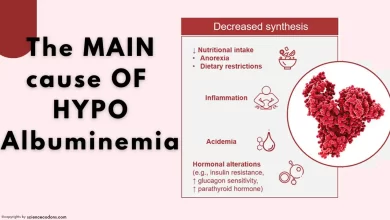
Despite significant advances in prevention and treatment, cardiovascular disease remains the leading cause of death for both men and women worldwide. Also, with the increasing prevalence of obesity and metabolic heart disease, its incidence is still on the rise. Despite advances in the past 30 years, deaths from cardiovascular disease are increasing, and the fastest relative increase in these diseases has been reported in middle-aged women.
- Gender-related factors, such as pregnancy-induced hypertension, early menopause, and polycystic ovary syndrome, are also associated with a higher risk of cardiovascular disease.
- Women are also relatively more affected by diabetes, chronic kidney disease, and autoimmune inflammatory diseases. All of these effects are combined with social and cultural components related to gender, emphasizing the need to identify and treat modifiable cardiovascular risk factors in women, especially those at risk, with the aim of reducing the burden of cardiovascular disease.
- Although diabetes is more prevalent in men, it creates a relatively more significant relative increase in the incidence of cardiovascular disease in women of all ages, which may be related to obesity and more significant cardiovascular risk factors in women than in men at the time of diagnosis, as well as gender-specific risk factors for diabetes (polycystic ovary syndrome and gestational diabetes).
- Women are generally less physically active and have a higher body mass index (BMI) than men, which is associated with the risk of cardiovascular disease. Increased obesity, blood sugar, and premenopausal before the age of 40 may also affect the risk of diabetes.
- Factors such as pregnancy poisoning (pre-eclampsia) and early menopause are considered “risk factors” and treatment is recommended for women at risk with early menopause before the age of 40. In this regard, the European Society of Cardiology (ESC) prevention guidelines recommend screening for high blood pressure and diabetes in women with a history of high blood pressure and gestational diabetes.
- Autoimmune inflammatory diseases, which affect women more than men, also increase the risk of premature cardiovascular disease and are considered “risk factors.”
- Social psychological stress is also more evident among women than men.









